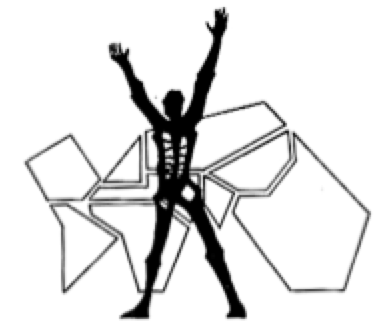Harry Bliss
Harry Amerman Bliss’ lifelong vocation as a physician led him to deep engagement in social service, Christian faith, and political activism. He was married on Sept. 11, 1948 to Ellis Lardner Kitchell, with whom he raised four children, Lisa Bliss Eaves, of Opelika, Ala., Jane Bliss of Portland, Emily Bliss Lesser of Concord, Mass., and Bill Bliss of Bath. He delighted in the love of his eight grandchildren and their parents.
A perpetual student, Dr. Bliss graduated from Princeton University in 1941, and Harvard Medical School in 1944. He served one year in the US Navy Medical Corps, 1945-46, then began his medical practice in Portland, where he established the first cardiac catheterization laboratory in Maine. He was called back into the Medical Corps, 1953-55. After twelve years as a Professor of Medicine at the University of Illinois in Chicago, he returned to medical practice in Portland in 1967, specializing in cardiology and internal medicine. His interest in the fair and efficient delivery of medical care led him back to school at the University of Michigan, where he received the Master of Public Health degree in 1974. He then established the Primary Medical Care Center in Portland, an early model for providing ongoing ambulatory medical care, especially for impoverished people.
Combining his dedication to medicine and public health, he served in many public roles, including Governor for Maine of the American College of Physicians, from 1978-82. He published extensively in medical literature, and was honored with numerous awards, including the Award for Distinguished Service in 1980, and the Laureate Award of the American College of Physicians in 1987. He retired from active medical practice in 1988. Most recently, until August 2004, he worked with the staff of Maine Medical Center to develop an in-depth analysis of the problem of diagnostic error.
His Christian faith led him to Africa, India, and Chicago, working with the Human Development Projects of the Ecumenical Institute. He was a lifelong student of the Bible and theology. His local faith community was Portland’s State Street Church, UCC, where he was a student, a teacher, a leader and a servant. In response to the proliferation of nuclear weapons, he became active with Physicians for Social Responsibility. His curiosity about the challenge of nuclear disarmament let him to study at Columbia University, where he received the Master of Political Science in 1987, and to Yale University, where he was a postdoctoral fellow in Political Science from 1994-96. He was most interested in the power of nonviolent direct action as the most courageous and effective strategy for achieving cooperation and peace.
An avid appreciator of life, Harry Bliss was known for his joy, modesty and curiosity. He loved all the arts, especially opera. For an alumni newsletter in 1991, he wrote, The breadth of expression in the human species continues to astonish me and to affirm each day the needlessness of boredom.
Memories
Many of you will recall Harry’s role as Guardian, generously supporting and actively involving himself in the work of theEcumenical Institute and the Institute of Cultural Affairs since the 1960s. And you may remember his daughter, Jane, who was part of the New York House in the early 1970s, and his son Bill, who spent time at the Sudtonggan Human Development Project.
An extremely accomplished medical professional, dedicated to peace, justice and lifelong learning, Harry stood as a powerful example of servant leadership. The Clarks, Mortons and Crockers joined about 200 others at the State Street Congregational Church in Portland, Maine (where Harry and his wife Ellis have long been members) for “A Service of Memory and Thanksgiving,” much of which was designed according to Harry’s wishes. The Opening Song was John Bettis and Richard Carpenter’s “Top of the World,” accompanied by Bill on guitar and sung with gusto by the gathered community. The pastor offered a powerful meditation on the theme “You are Accepted,” grounded in the Word that all is good, received, approved and possible. The program contained some of Harry’s favorite inspirational passages: Romans 12:20, John 13: 34-35, and Thich Nhat Hanh’s commentary on happiness.
~~ Joe and Marilyn Crocker
